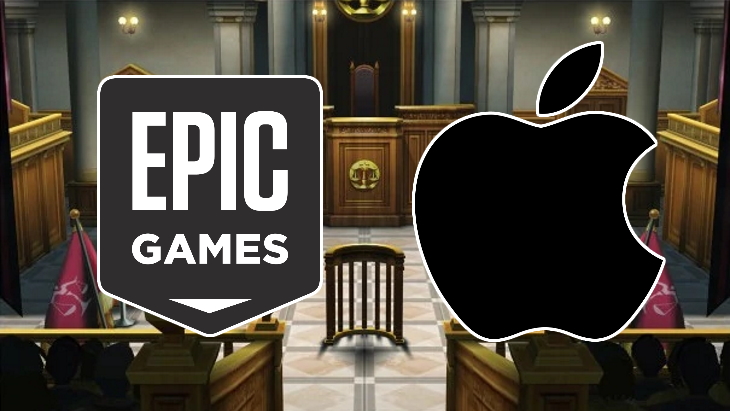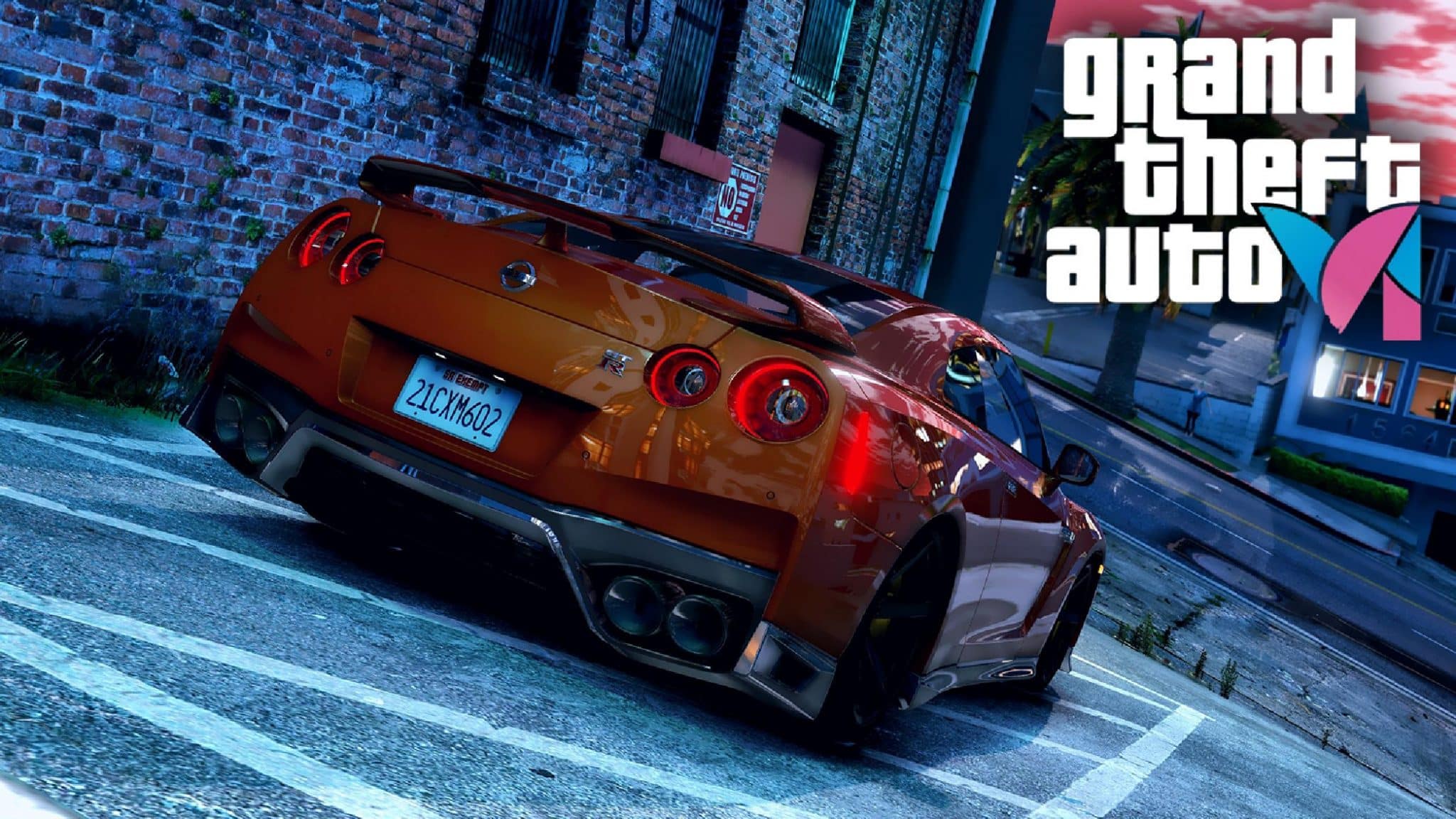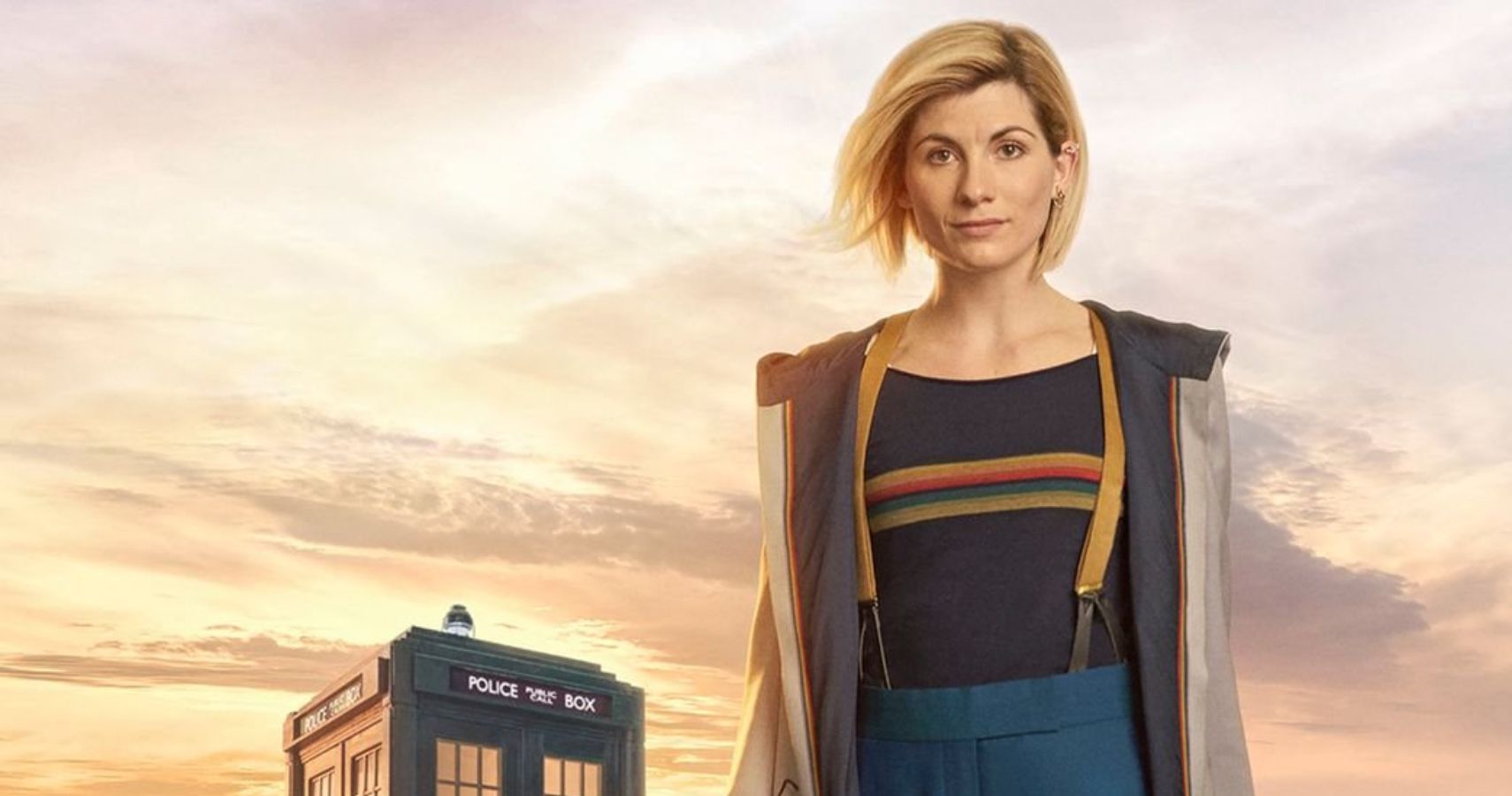
Jodie Whittaker’s Doctor Who legacy was written before she even stepped onto the screen. As the first female Doctor, whether she was a dismal failure or a thunderous success, she would always be known chiefly as the first female Doctor – everything else was secondary. As news comes that Whittaker will be stepping away from the role, it’s the perfect time to look back on what she accomplished. Unfortunately, she never really had a chance.
The Doctor is a difficult role to play. While ostensibly it is a different character in every reincarnation, audiences inevitably compare it to the ones that came before. In that regard, Whittaker did well. Eccelston rebooted the series with a down to earth demeanour, while Tennant was more of your classic, charismatic lead, bursting with enthusiasm and dry wit. Matt Smith followed this up with a much softer, sillier version of the Doctor who was happy to play the fool. Finally, this was succeeded by Capaldi, my personal favourite of the modern leads, who took the Doctor in an eccentric, sarcastic, more brusque and ruthless direction.
Related: The Eighth Doctor Needs His Own Limited Series Already
Whittaker found a wholesome niche in between each of these, as a light-hearted tinkerer who acts and sounds naive, but actually prefers to kill ‘em with kindness. Her Doctor was good, and she was great at playing it. I’d argue she was the most likeable Doctor ever, and she's only the third Doctor (after McGann and Tennant) to be nominated for a Saturn in the iconic role. She did well, despite being destined to be remembered for her gender first and her performance second. The problem is nothing really came together for her.
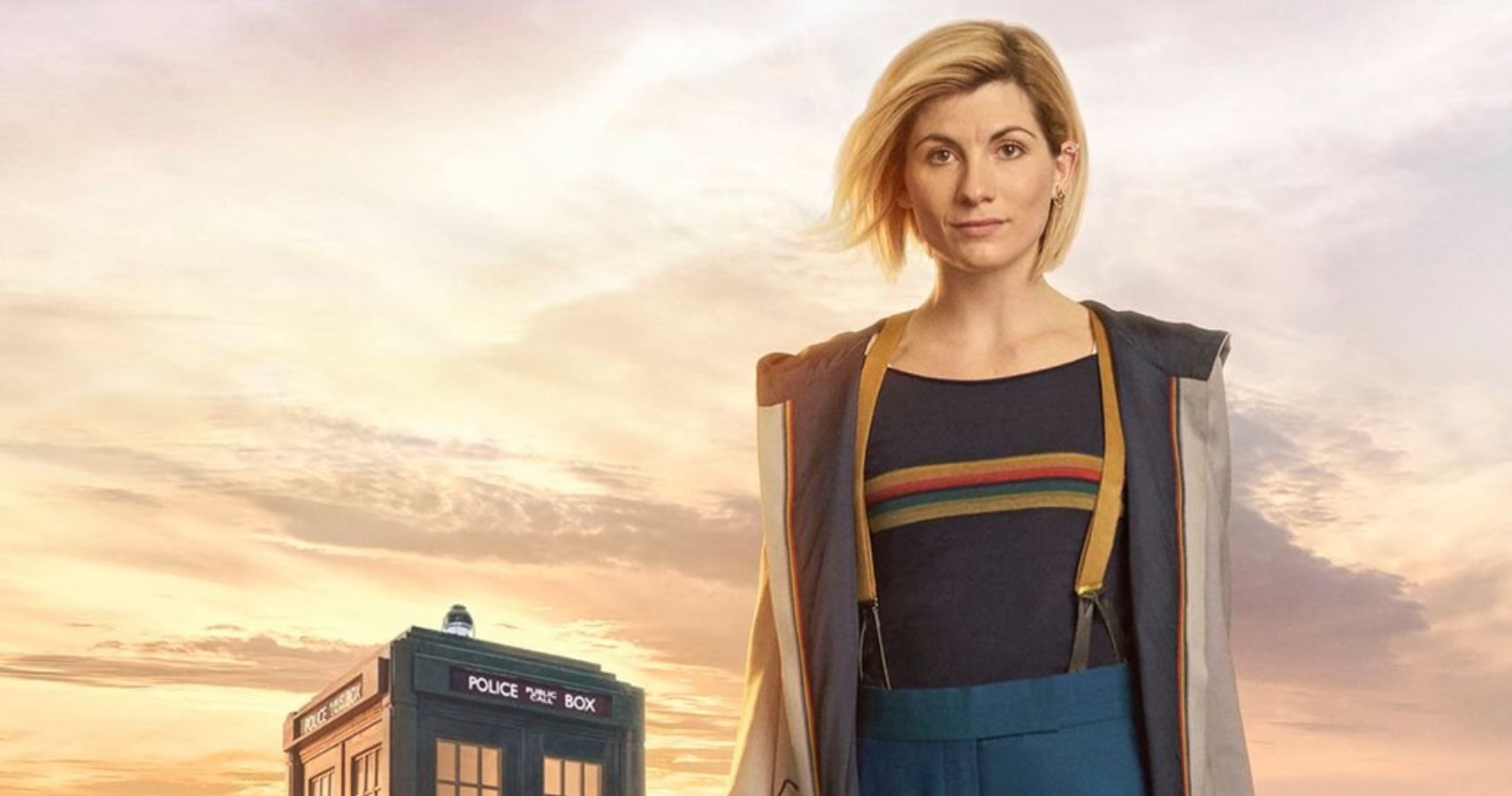
The handover between Peter Capaldi and Jodie Whittaker was the least cohesive it has been in the reboot. Christopher Eccleston and David Tennant shared Billie Piper’s Rose as an assistant, just as Matt Smith and Capaldi both toured the galaxy with Jenna Coleman’s Clara. Smith and Tennant had no clear connection, with Smith’s Doctor meeting Karen Gillan’s Amy in his first episode, but the tone of the episodes were extremely similar between the two leads, while Smith and Tennant are arguably the most alike of the modern leads anyway. With Whittaker, the most diametrically opposed lead to Capaldi, everything was different.
The modern Doctor Who was initially led by Russell T. Davies, before Stephen Moffat took over. There are differences in their styles, but the two are very similar writers. The cruelest critics might even accuse Moffat of repeatedly trying and failing to capture Davies’ magic. Regardless, it's fair to say they shared a vision for what Doctor Who was. Chris Chibnall, who took over from Moffat when Whittaker arrived, was completely different. Best known for murder mystery series Broadchurch – in which Whittaker starred as the grieving mother – he brought a new direction to the series. At the same time, Capaldi’s final assistant, Pearl Mackie’s Bill, was cut, and three new ones were brought in, each with their own dynamics to establish alongside introducing the Thirteenth, who also needed to emerge from the burden of being the first female Doctor.
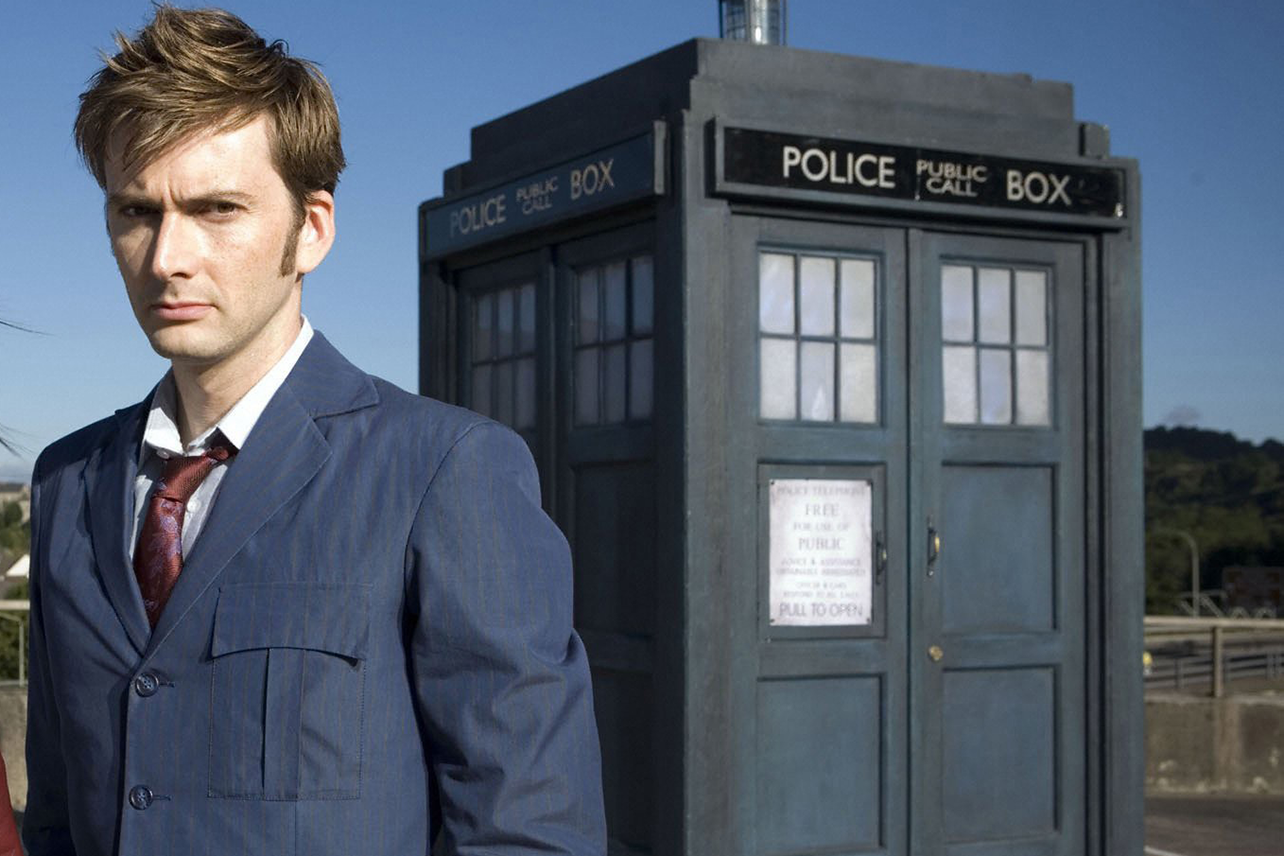
Aside from the fact Whittaker’s character would always be the first woman, I don’t think that in itself held her back too much. There have been complaints that Doctor Who was getting woke, but I mean… it’s Doctor Who. I have seen people express fears that sequels to Alien, District 9, Captain America, and The Matrix will be woke, so I know no matter how obvious you make your symbolism, it can always be too subtle for some. Still, I doubt that many avid Doctor Who fans threw their remotes through their TV screens when the magic being from beyond the stars whose body routinely transforms wasn’t a bloke for the first time in 13 go arounds.
Criticism of the political direction as a whole has more footing. In Chibnall’s first season, he gave us an episode on Rosa Parks, a Trump parody, and a side story about male pregnancy. None of these seemed to be done with any purpose, reason, or ideas behind them. The tone of the episodes, often darker and less hopeful than Doctor Who is typically, also clashed heavily with Whittaker’s more cheery rendition of the hero. If they weren’t fishing aimlessly for satire, relevance, or attempting to be edgy, they were daft.
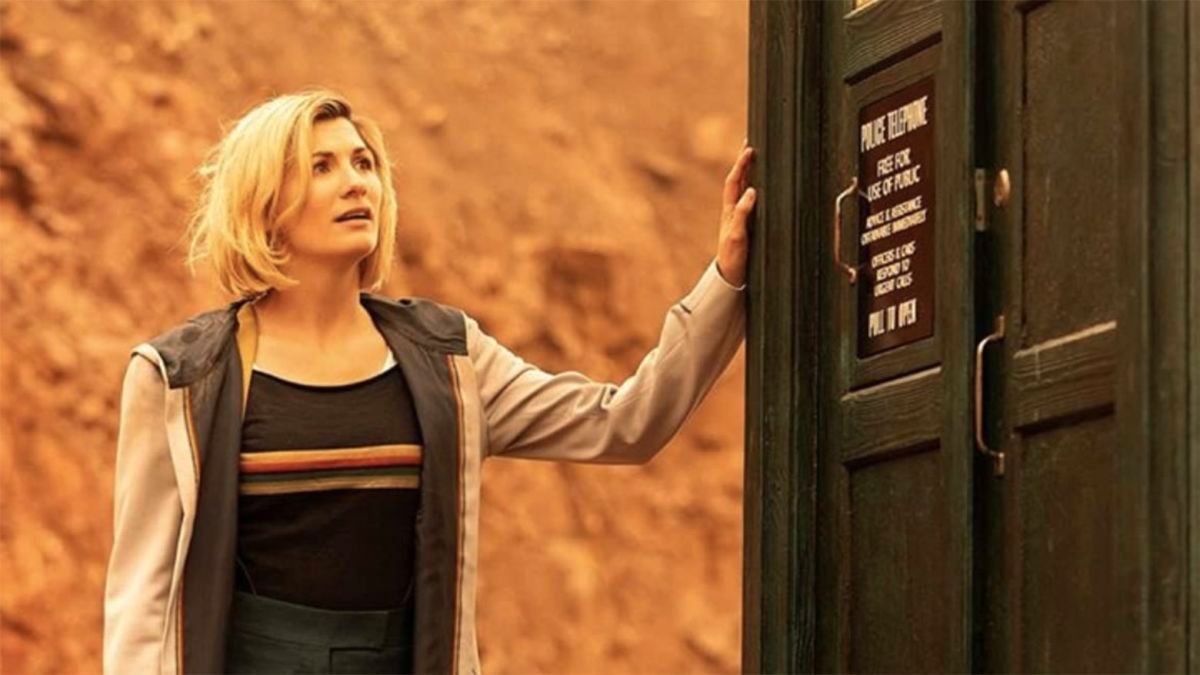
There’s a two episode run of Smith’s reign, unconnected aside from the fact both are bloody stupid and they occur one after the other. The first is called Dinosaurs on a Spaceship, and is about, well, take a guess. The second is A Town Called Mercy, where Smith is a Sheriff going up against a cyborg cowboy. Mercy, at least, tries to offer some poignant questions about war and revenge. Whittaker’s run features darts of silliness like this all the time, and while they suit her pretty well, they don’t suit Chibnall, they don’t ask any intelligent questions, and they give far too much time to the assistants. Bradley Walsh is great as the comedic relief, but if you want him as the star, cast him as the Doctor. Don’t constantly write for him and shuffle Whittaker off to the side.
Jodie Whittaker will go down as one of the most important castings in the series’ history – when you consider how influential and iconic Doctor Who is, it’s arguably one of the most relevant and progressive castings in recent television. Paterson Joseph, the Black actor overlooked despite being the favourite for the role of the Eleventh, still feels like a missed opportunity that might have been taken today. Whittaker has proven a woman can fill the Doctor’s shoes – even the biggest critics of the recent seasons tend to point to her as a bright spark. Still, we’ll always wonder what Russell T. Davies could have done with Jodie Whittaker in the role.
Next: Scarlett Johansson Is Not Your Girl Boss
